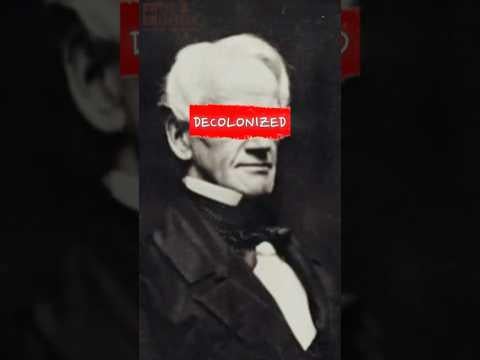In the realm of historical education, the narrative of Mesopotamia as the “Cradle of Civilization” has been deeply entrenched for generations. Yet, beneath this widely accepted notion lies a complex web of historical perspectives and academic biases that often overshadow alternative viewpoints and significant contributions from other regions.
When we delve into the annals of human history, we encounter a fascinating tapestry of civilizations that have thrived and evolved across different continents and time periods. While Mesopotamia undeniably played a pivotal role in shaping early societies, it is essential to recognize that the roots of human civilization extend far beyond the boundaries of this ancient region.
As we ponder the question of why Mesopotamia continues to dominate the narrative of early civilization, it is crucial to acknowledge the inherent biases that permeate Western academic discourse.
The Eurocentric perspective prevalent in historical scholarship has often prioritized the achievements of Western civilizations while marginalizing the rich and sophisticated cultures of Africa, such as Kemet (ancient Egypt) and Nubia. These civilizations flourished contemporaneously with Mesopotamia, boasting remarkable advancements in areas like architecture, agriculture, and governance.
The widespread perpetuation of Mesopotamia as the cradle of civilization can be attributed to a combination of factors that have shaped the historical narrative over time. One significant influence is the Eurocentric lens through which much of history has been interpreted and taught. Western academia has traditionally emphasized the accomplishments of civilizations in the Mediterranean and Near East regions, thereby overshadowing the contributions of African societies like Kemet and Nubia.
Moreover, the legacy of colonialism has left a lasting imprint on historical narratives, reinforcing the notion of Western superiority and downplaying the achievements of non-Western cultures. This distortion of historical truths has perpetuated a skewed understanding of the origins of civilization, casting a long shadow over the rightful recognition of African civilizations in the annals of history.
While textbooks may present Mesopotamia as the cradle of civilization, it is essential for educators and students alike to critically examine and question the underlying biases and omissions that shape our understanding of history.
By engaging in a more inclusive and nuanced exploration of ancient civilizations, we can uncover the rich tapestry of human achievements that spanned continents and cultures, challenging the hegemony of Western-centric narratives.
In the digital age, where information is readily accessible and diverse voices can find platforms to share alternative perspectives, there is a growing opportunity to broaden the discourse on early civilizations. Online platforms like the one referenced in the Reddit post provide avenues for individuals to delve into lesser-known histories and challenge mainstream narratives that have long dominated educational curricula.
Ultimately, the question of why textbooks continue to uphold Mesopotamia as the cradle of civilization serves as a poignant reminder of the enduring impact of historical biases and the importance of critically examining and reshaping our understanding of the past.
By embracing a more inclusive and globally diverse approach to history, we can celebrate the multifaceted tapestry of human civilization and honor the contributions of all cultures that have shaped our collective heritage.

